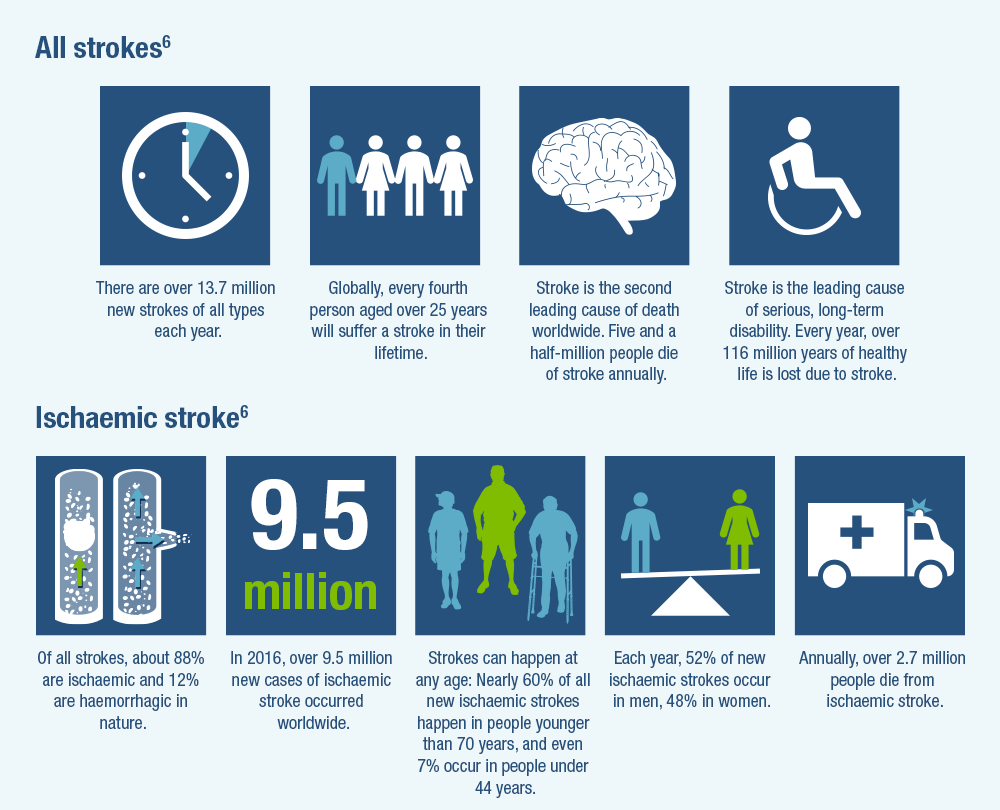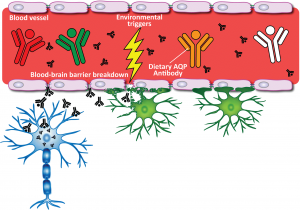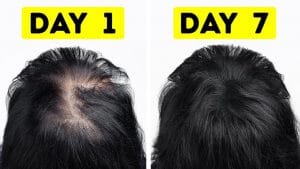October 29 is World Stroke Day to raise awareness about stroke. On this occasion, Prothom Alo organized a special health program ‘Stroke Prevention and Counseling’ dedicated to SKF. In the first episode of the show, Dr. Professor Dr. of the National Institute of Neuroscience Hospital was the guest in the performance of Lubaina Hawk. MS Zahirul Haque Chowdhury. The show aired live on Prothom Alo’s Facebook page and YouTube channel on October 26. It is also broadcast from SKF’s official Facebook page.
At the beginning of the discussion, Professor. MS Zahirul Haque Chowdhury explains what a stroke is and its causes. He said that a person suffering from stroke becomes a burden for himself, his family, society and the state. When the working and earning person of the family becomes paralyzed, the whole family suffers with pain and suffering. Extreme poverty comes down to the family as income is stopped.
But 90 percent of strokes can be prevented only with a little awareness. Stroke is basically a disease of the brain. A stroke is a cerebral hemorrhage of a blood vessel in the brain. This can lead to blood vessel blockage, rupture and bleeding. As a result, the function of the brain is impaired. Sometimes it is seen that for some reason the arteries become narrow and blood clots form in any part of the brain. This can also lead to stroke.
There are two main types of stroke, he said. One is hemorrhagic stroke and the other is ischemic stroke, it does not cause bleeding. A hemorrhagic stroke is when a weak blood vessel inside the brain ruptures or ruptures. In this case, the blood may spread inside or around the brain. Without it, stress can cause swelling, and brain cells or tissues can decay. On the other hand, if a blood clot forms during blood flow through a blood vessel, it is called ischemic stroke. This is why blood does not reach the brain. High blood pressure is a significant risk factor for such strokes. About 7% of strokes are of this type.
Then comes the cause and symptoms of stroke. Professor Dr. MS Zahirul Haque Chowdhury said that various studies have shown that 90 per cent stroke can be avoided if some risk factors are properly controlled. Hypertension or high blood pressure is the main cause of stroke. Only by controlling high blood pressure can a 50 percent risk of stroke be avoided. People with high blood pressure are four times more likely to have a stroke than normal people. In addition, diabetics are three times more likely to have a stroke than normal people, and more likely to die if they do.
He said there were some definite signs of a stroke. If they occur, it should be understood that the patient is suffering from stroke. Such as paralysis, numbness of the legs, arms, mouth or the right or left side of the body. Difficulty in speaking or comprehension, confusion, difficulty speaking, difficulty seeing with one eye or both eyes, or blurred vision, inability to move, loss of balance in movement, inconsistency in function of various organs, sudden onset of severe headache Given. If someone has early-onset stroke symptoms, treatment should be sought on an emergency basis, otherwise the patient’s brain may be damaged and become complicated, or the patient may become chronically ill or die.
Closure of the blood vessels in the brain can lead to ischemic stroke or rupture of blood vessels can lead to hemorrhagic stroke. Mini-stroke is a short-term loss of consciousness, dizziness, blurred vision, difficulty speaking, numbness of any part of the body, and return to normal within 5 to 10 minutes.
During the discussion on the program, Professor Dr. gave the audience a solution to various problems. MS Zahirul Haque Chowdhury. According to him, living a lazy life, being obese or being overweight, drinking excessive amounts of soft drinks, taking drugs are also some of the causes of stroke. Stress, anxiety and depression increase the hormones adrenaline and cortisol in the blood and increase the tendency of blood to clot. It can cause a stroke. Awareness of the risk of stroke can help control high blood pressure and diabetes and relieve complex diseases such as heart disease, kidney disease, dementia, blindness, and cancer.
Jahidul Haque
The Prothom-alo
October 26






